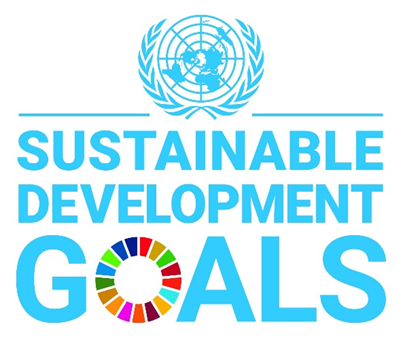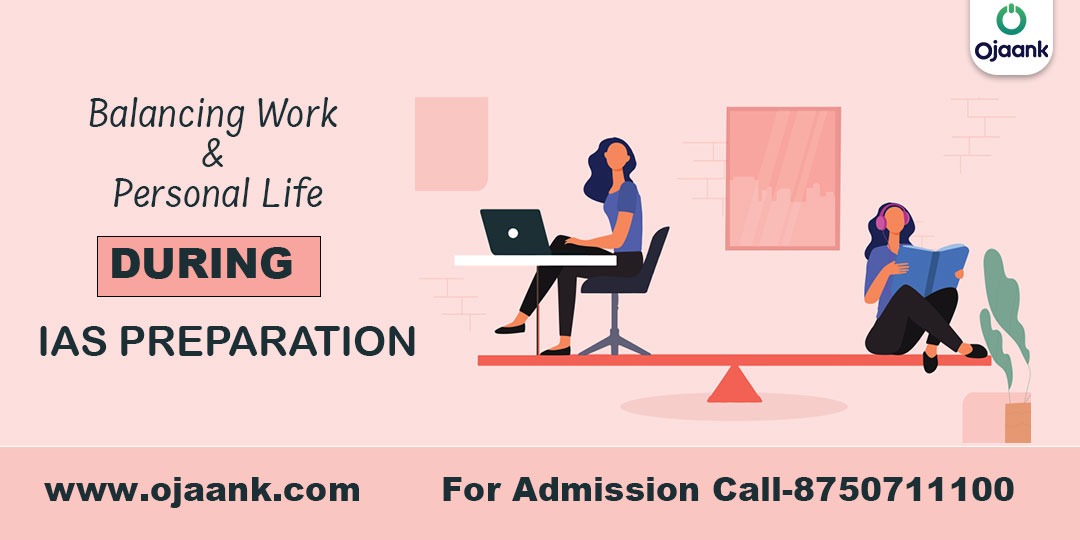Sustainable Development Goals (SDGs)

In 2015, the United Nations (UN) member states adopted the Sustainable Development Goals (SDGs). The SDGs are a comprehensive and ambitious set of objectives that envision a world without poverty, where environmental sustainability is upheld, and all individuals can live in peace and prosperity by the year 2030.
The recent 78th session of the United Nations General Assembly emphasized the urgency of accelerating the progress towards achieving these goals. The 2023 SDG Summit, a high-level forum, was organized to assess the advancement of the 2030 Agenda and its encompassing 17 SDGs.
Assessment of Progress
UN Secretary-General Antonio Guterres revealed that the world is lagging in the implementation of the SDGs. With only 15% of the 169 targets on track to be achieved by 2030, it is evident that intensified efforts are necessary. Alarmingly, some goals have not only been stagnant but have regressed. Dennis Francis, the UN General Assembly President, further highlighted the challenges. Despite global pledges, over a billion people continued to live in poverty in 2022, and the projection is that 680 million people will still be hungry by the end of this decade.
Significance of the SDGs
- Universal Appeal: The SDGs are a global appeal, resonating with countries regardless of their economic status—be it poor, rich, or middle-income. They underscore the interconnectedness of our world and the shared responsibility in shaping a sustainable future.
- Holistic Approach: Recognizing the complexity of global challenges, the SDGs approach sustainability from multiple angles. They stress that eliminating poverty requires a broad spectrum of strategies, spanning from economic growth and job creation to environmental conservation and climate action.
- Blueprint for the Future: Representing a vision for the future, the SDGs are a roadmap to address significant global issues, aiming to ensure that nobody is left behind.
Overview of the 17 SDGs
The 17 SDGs cover a broad range of social, economic, and environmental objectives:
1. No Poverty: A world without poverty in all its manifestations.
2. Zero Hunger: Eliminating hunger and promoting sustainable agriculture.
3. Good Health and Well-being: Universal health and well-being.
4. Quality Education: Inclusive and high-quality education for all.
5. Gender Equality: Uplifting and empowering women and girls.
6. Clean Water and Sanitation: Universal access to clean water and sanitation.
7. Affordable and Clean Energy: Sustainable energy for everyone.
8. Decent Work and Economic Growth: Inclusive economic growth and decent employment.
9. Industry, Innovation, and Infrastructure: Promoting sustainable industries and innovation.
10. Reduced Inequalities: Curtailing inequalities at all levels.
11. Sustainable Cities and Communities: Building sustainable and inclusive urban areas.
12. Responsible Consumption and Production: Sustainable consumption and production patterns.
13. Climate Action: Addressing climate change urgently.
14. Life Below Water: Conserving marine ecosystems.
15. Life on Land: Protecting terrestrial ecosystems and biodiversity.
16. Peace, Justice, and Strong Institutions: Promoting peace, justice, and strong institutions.
17. Partnerships for the Goals: Strengthening global partnerships for sustainable development.
Each of these goals is interconnected, reflecting the multifaceted nature of sustainability. Achieving one often contributes to the fulfillment of others. Collectively, they represent a unified strategy to build a prosperous, inclusive, and sustainable world.
Blog Collection
Copyright 2022 power by Ojaank Ias





